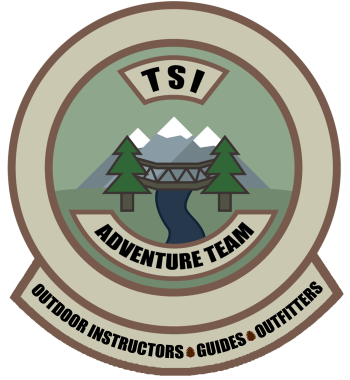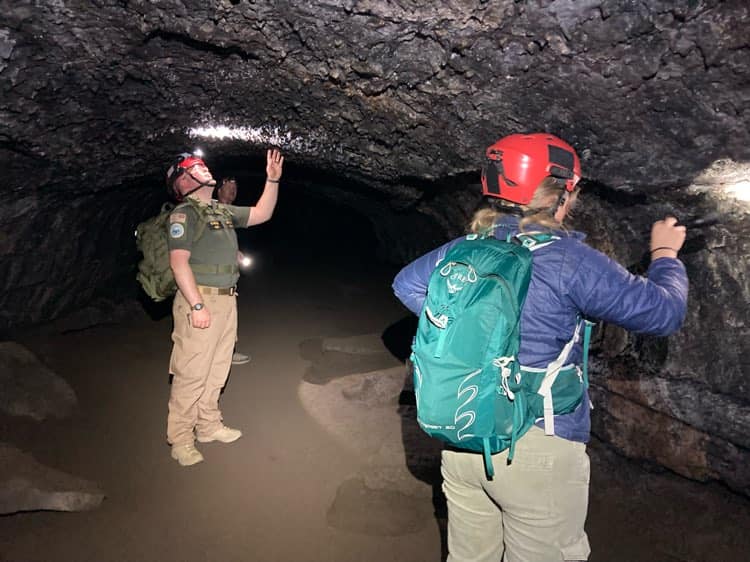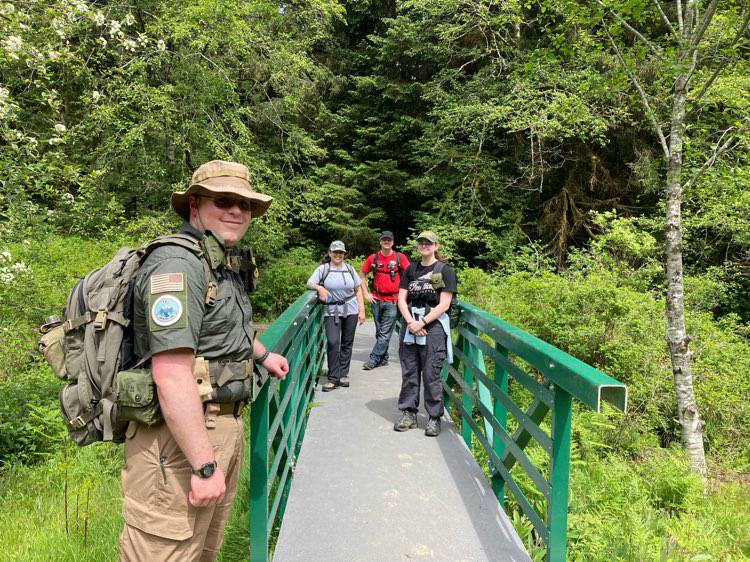

Adventure Team is a unique training, guide, and outfitter service offered by Training Solutions International that takes the classroom outdoors. Adventure Team differs from our regular classroom-based Survival courses because it uniquely combines outdoor activities and learning to create an immersive field-based experience for participants. Depending on the option chosen, participants learn skills and apply them along the way. Skill level and challenges vary based on complexity and the type of course or activity chosen. Some courses and activities require prerequisite training to ensure competency in basic skills and physical ability. Adventure Team courses and activities vary widely as to what they cover, but many integrate common outdoor related topics and skills such as survival, navigation, first aid, and dealing with emergencies.
Adventure Team courses and activities are based in the outdoors and therefore may take place in a variety of locations. The general location of the course or activity is listed during checkout/registration, and more detailed instructions are sent to students after they complete registration.
Because of the nature of Adventure Team courses and activities many have required equipment or gear lists that participants must bring or supply. Some or all equipment may be supplied by TSI depending on the course or activity. Equipment lists can be found in the description of each Adventure Team course or activity that has one. Participants will also be sent an equipment list after they complete registration.

Adventure Team provides a variety of formats. Courses and Activities range from entry level classes to multi-day expeditions, and can involve the learning and implementation of a variety of skills at varying levels of difficulty.
Adventure Courses
Single Day Classes / Workshops
Single Day classes and workshops are a day or less and typically focus on a specific skill, certification, or limited skill set.
Multi-Day Classes / Workshops
Multi-day classes and workshops can last for several days and typically focus on more advanced skills, certifications, or skill sets. Multi-day classes may involve participants staying overnight at a location, or participants may go home at the end of each class day.
Adventures & Expeditions
Outings & Tours
Outings and tours range in length and focus more on experience and less on skills. Outings are structured around outdoor activities and typically include visits to natural areas, while tours focus on areas that are of historical or cultural significance. Outings and tours may be combined, and may still feature some rudimentary skills and training depending on the format.
Expeditions
Expeditions range in length, but typically last multiple days with participants staying overnight for each night of the Expedition. Expeditions may involve learning and/or utilizing a wide range of skills.
Adventure Team courses and activities range in difficulty based on the specific requirements. Difficulty factors include time duration of the course or activity, physical ability required, environmental conditions, required equipment (including whether or not participants must supply their own), and skill proficiency. The level of difficulty is broken down into four categories:
Easy
Normal level of physical ability and basic gear. No specific skills are required, but new skills will be learned along the way. Typically mild environmental conditions.
Moderate
Must have some level of physical ability and some gear may be required. Moderate courses do not typically require upfront knowledge or skills, but typically require the implementation of skills learned along the way. May encounter more difficult environmental conditions.
Difficult
Must have good level of physical ability and may require specific equipment. Difficult courses may require upfront knowledge or skills, as well as the implementation of skills learned along the way. Some Difficult level courses may require prerequisites in order to demonstrate proper competency, ability, and skill. May encounter challenging environmental conditions.
Advanced
Must have high level of physical ability and may require technical equipment. Advanced courses may require upfront technical knowledge or skills, as well as the implementation of complex skills learned along the way. Advanced level courses may require prerequisites in order to demonstrate proper ability and skill competency. May encounter very challenging environmental conditions.